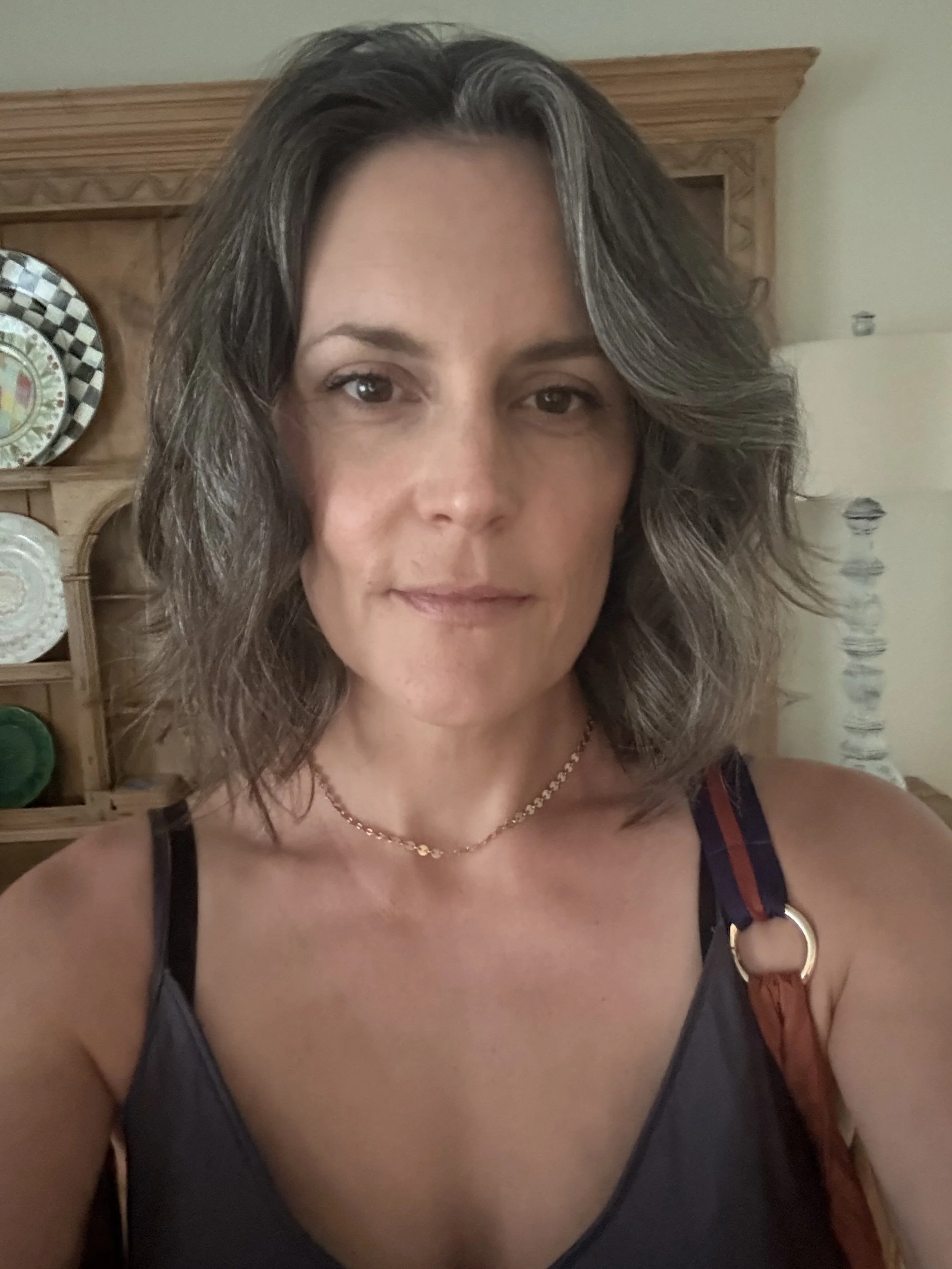
Resilient Bones at GFP
Echolight REMS Testing
We currently do not have a future date planned for an Echolight REMS day with Dr. Bush. We will update this when a 2026 date is set up and our email list will be notified for early access registration.
Get in touch.
Receive information about our upcoming scheduled Echolight events. When a new date is launched, we will notify the list!


